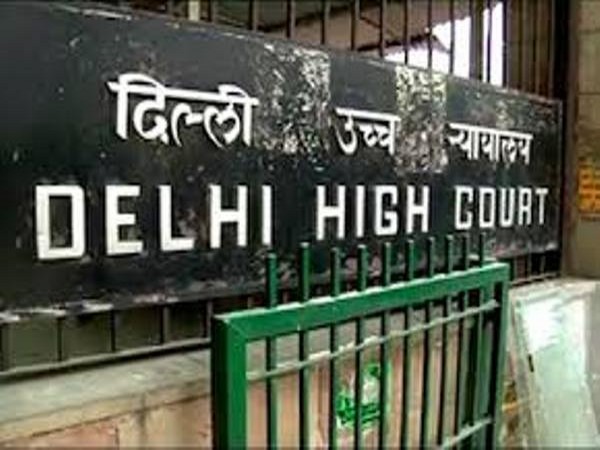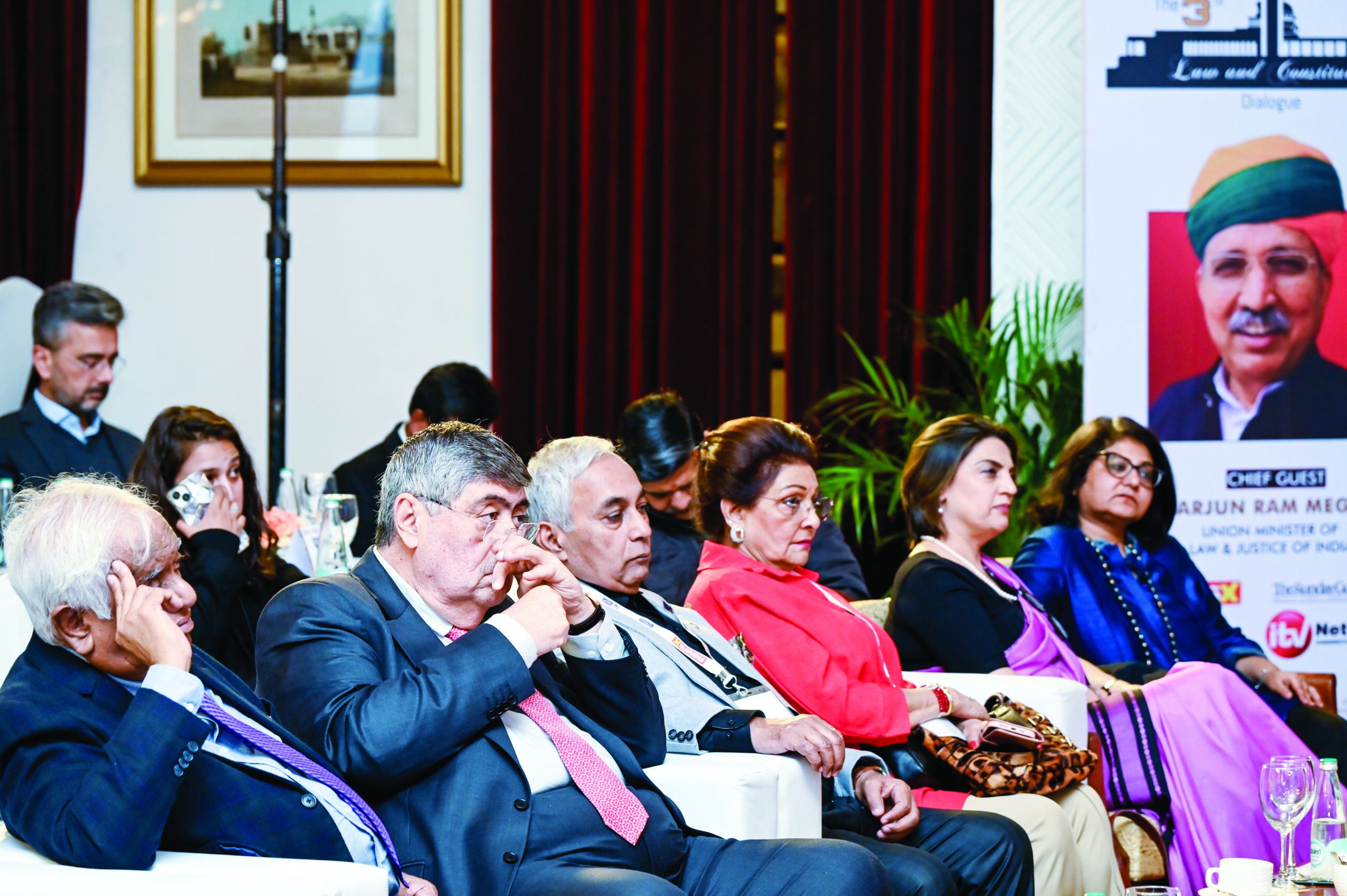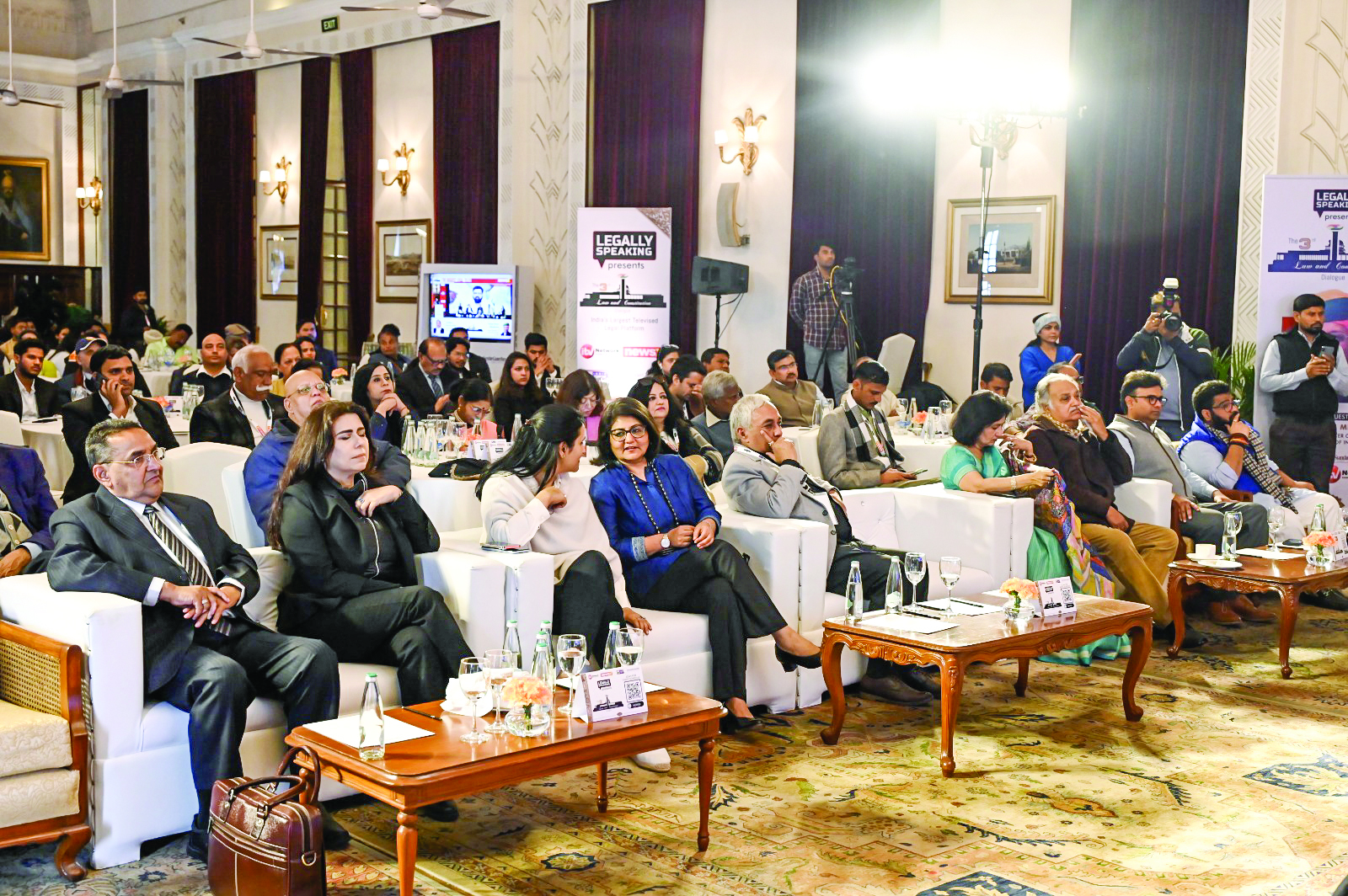The Delhi High Court in the case Nitin Kwatra vs Stadhawk Services Pvt. Ltd. And Ors. observed and has held that even if the agreement specifies exclusive jurisdiction on a different court, courts having jurisdiction over the seat of arbitration retain supervisory authority over the arbitral process.
The bench headed by single judge Justice Sachin Datta in the case observed and has held that that the presence of a generic exclusive jurisdiction clause does not diminish Delhi courts’ jurisdiction as the seat of arbitration.
Facts of the Case:
The present matter pertains to the Business Associate Agreement which is executed between Nitin Kwatra, i.e, the Petitioenr and Stadhawk Services Pvt. Ltd. i.e., the Respondent No.1, with Respondent nos. 2 and 3 identified as the directors of Respondent no.1. Primarily, the disagreements revolve around monetary entitlements outlined in the aforementioned agreement.
Therefore, in response to these disputes, the Petitioner invoked the arbitration clause via a notice to the Respondents. Thus, the respondent did not provide any response to this notice. The Petitioner filed an application in Delhi High Court, High Court as stated under Section 11(6) of the Arbitration and Conciliation Act, 1996, Arbitration Act for the appointment of a sole arbitrator to adjudicate the disputes.
The relevant arbitration clause is reproduced below:
XXIV. THE APPLICABLE LAW AND SETTLEMENT OF DISPUTES
C. All the disputes arose between parties shall be subject to the exclusive jurisdiction of the courts at Gurugram only.
D. Arbitration: Any and all disputes, Disputes arising out of or in relation to or in connection with this Agreement between the Parties or relating to the performance or non-performance of the rights and obligations set forth herein or the breach, termination, invalidity or interpretation thereof shall be referred for arbitration at New Delhi, India in accordance with the terms of Indian Arbitration and Conciliation Act, 1996 or any amendments thereof. Thus, the place of arbitration shall be conducted by a sole arbitrator, who shall be appointed by the STADHAWK only.
The arbitral award shall be in writing and shall be final and binding on each party and shall be enforceable in any court of competent jurisdiction.
Observations Made By High Court:
The High Court in the case observed that the arbitration clause designated Delhi as both the venue and place of arbitration. It held that the venue of arbitration is to be treated as akin to the seat of arbitration unless there are clear indications to the contrary.
The High Court held that though the agreement included a generic clause specifying Gurugram courts’ jurisdiction over disputes, this didn’t diminish its authority and this interpretation has been consistently upheld in various judgments, including the case Reliance Infrastructure Ltd. v. Madhyanchal Vidyut Vitran Nigam Ltd, wherein the Supreme Court held that the venue specified in the arbitration clause constitutes the seat of arbitration.
It has also been held by the High Court that the jurisdiction of the courts overseeing the arbitration process is tied to the designated seat of arbitration and even if the contract includes a clause conferring exclusive jurisdiction on a different court, when the arbitration clause specifies a venue, it held that this effectively designates the venue as the seat of arbitration.
Further, the High Court held that courts having jurisdiction over the seat of arbitration retain supervisory authority over the arbitral process.
The court noted that the clause in the Letter of Agreement, LOA purporting to confer exclusive jurisdiction was generic and did not specifically refer to arbitration proceedings.
The court while considering the facts and circumstances of the case observed and has allowed the application under Section 11(6) of the Arbitration Act and the court appointed Praveen Pahuja as the sole arbitrator to adjudicate the disputes between the Petitioner and Respondent No. 1.
Accordingly, the court allowed the application.
The counsel, Advocate Pawan Kawrani appeared for the Petitioner.
The counsel, Advocate Preeti Sharma represented the respondent.












